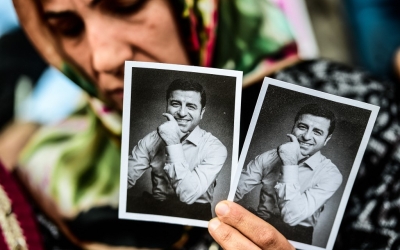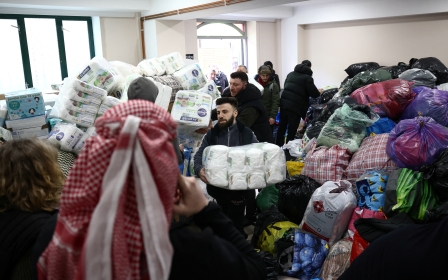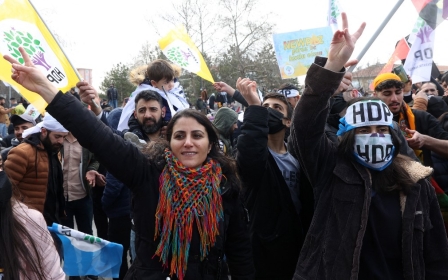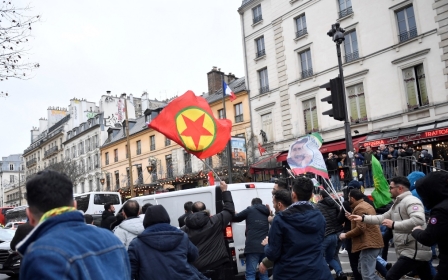Turkey blocks Iraqi Kurdish news site Rudaw
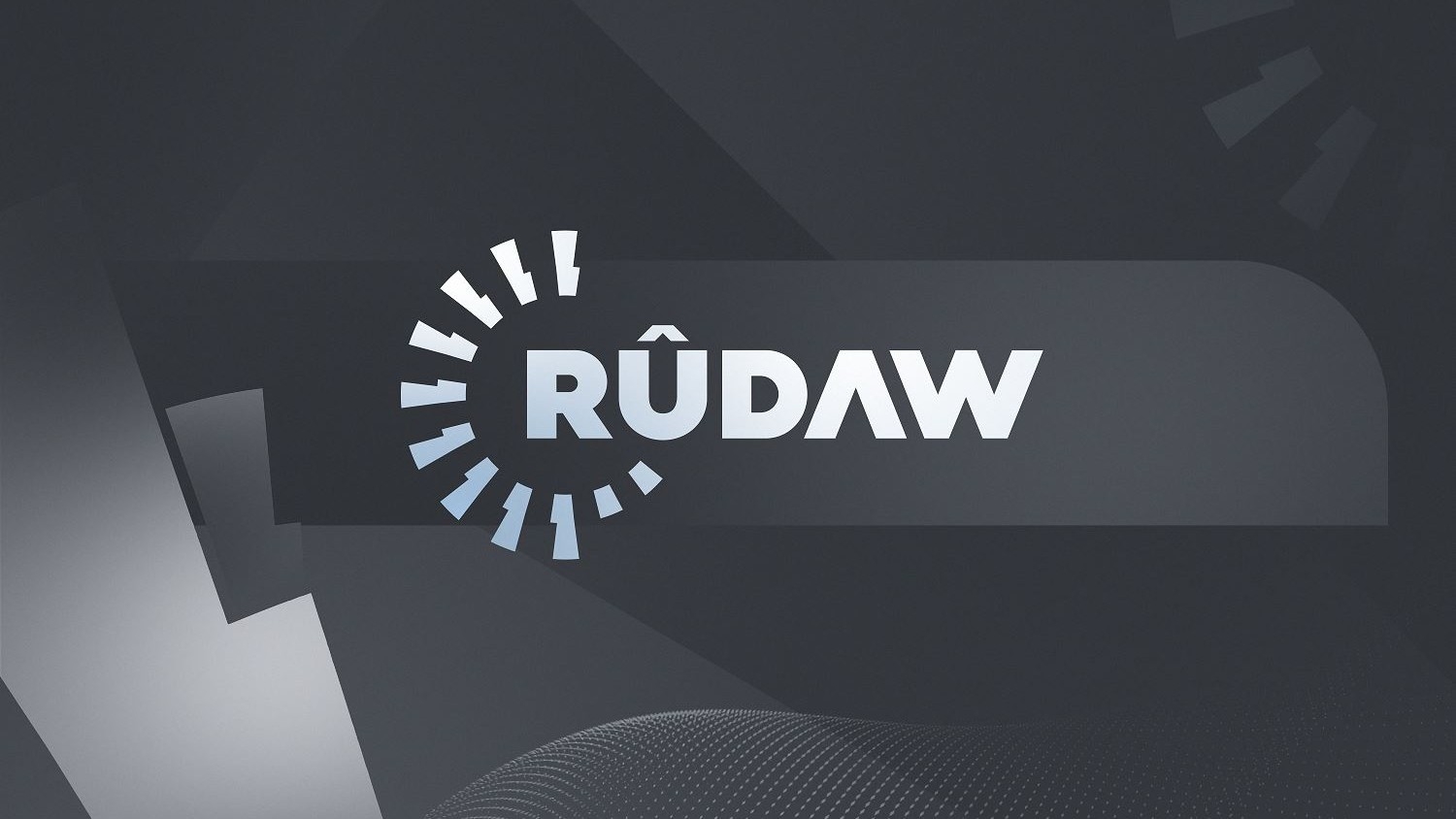
A court in Turkey blocked access to Iraqi Kurdistan news outlet Rudaw late on Wednesday after Turkish police filed a complaint, alleging that it assisted terror propaganda.
The Turkish government and Iraqi Kurdistan Regional Government (KRG) have longstanding friendly ties, yet relations occasionally become tense due to regional disagreements, such as Turkish military operations in northern Iraq and Syria.
Turkish President Recep Tayyip Erdogan has closely cooperated with the KRG's President Nechirvan Barzani in recent years over a set of issues including energy and counterterrorism.
Rudaw, which broadcasts in multiple languages including Turkish, is believed to be controlled by the Barzani family that dominates politics in the semi-autonomous region.
The court’s decision was part of a larger judgment, which blocked dozens of Twitter accounts and a few websites, including Avesta Kitap, a site that sells Kurdish language books, and a blog belonging to Dutch journalist Frederike Geerdink.
New MEE newsletter: Jerusalem Dispatch
Sign up to get the latest insights and analysis on Israel-Palestine, alongside Turkey Unpacked and other MEE newsletters
The Ankara Fourth Criminal Court of Peace ruled that the Twitter and YouTube accounts in question have been acting as a propaganda tool for Kurdistan Workers’ Party (PKK), which is designated as a terror group by Turkey, the EU and US due to its deadly campaigns against civilian targets.
"Although the aforementioned accounts act as if they are not members of the organisation, it has been determined that they mostly communicate with accounts that are seen as the media/social media face of the organisation, and that the posts with disinformation are managed by the same social media accounts that serve the organisation," the court said in its judgment.
Sources familiar with the judgment told Middle East Eye that there was no political motivation behind the move, which they said was simply about the content published by Rudaw.
Since the 1990s, the Turkish government has been cooperating with the KRG and specifically the Barzani family against the PKK, which has its headquarters in northern Iraq's Qandil mountains. In recent years, Ankara established an extensive network of outposts in Iraq near the Turkish borders, pushing PKK militants south, increasing tensions between the armed group and the KRG authorities.
The Turkish government on Tuesday also blocked the popular Turkish social media website Eksi Sozluk without giving any reason.
A source familiar with the decision told MEE that the government was fed up with Eksi Sozluk’s lack of proper moderation mechanisms against the disinformation content that was posted on the website following the twin earthquakes earlier this month that killed at least 43,000 people in Turkey and another 4,500 in Syria.
Eksi Sozluk on Wednesday said it wasn't able to learn why exactly the website was blocked despite its lawyers’ multiple attempts to seek information.
The Ankara court's decision to block Avesta triggered condemnation by commentators, who noted that it was Turkey’s first publishing house that printed Kurdish books, beginning in 1996. Abdullah Keskin, the founder of Avesta, is known for his comments critical of the PKK.
"Ankara Fourth Criminal Court of Peace has denied access to our website, alleging that it 'makes propaganda for the PKK'," Avesta tweeted, adding that it "does not share anything other than the promotion and sale of our books. With book bans, this is de facto censorship, it is unacceptable."
Nahit Eren, the chairman of the Diyarbakir Bar Association, also described the judgment against Avesta as "unlawful censorship".
Middle East Eye delivers independent and unrivalled coverage and analysis of the Middle East, North Africa and beyond. To learn more about republishing this content and the associated fees, please fill out this form. More about MEE can be found here.


